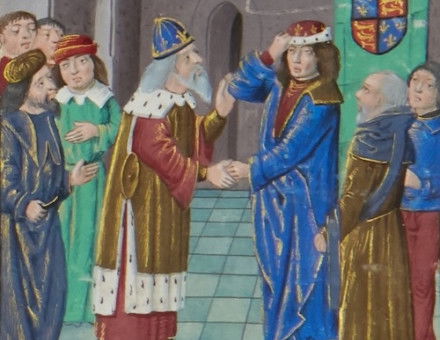When Little Men Become Big
Joseph H Berke examines how a country's internal conflicts creates opportunities for men such as Adolf Hitler.
The Bosnian and Chechen conflicts have allowed a wide scope for little men to become big. By this I mean that individuals who might otherwise have had nondescript careers as businessmen, politicians, soldiers, or, for that matter, psychiatrists, have been able to project their personal desires, insecurities and hostilities on a much Iarger scene. They accomplish this by exploiting the waves of group discontent that occur when a country or organisation, that is, an entity definable as a large group, is in an unstable state.
There exists a continual flow of feelings from the individual to the group and back the other way. In the latter circumstances the group projections may be so strong as to force people to feel what they do not feel. Or, in the case of men and women accepted as 'leaders', the return flow replenishes and amplifies hostilities (based on imagined as well as actual grievances) which they had put into the organisation in the first place.
There exists a continual flow of feelings from the individual to the group and back the other way. In the latter circumstances the group projections may be so strong as to force people to feel what they do not feel. Or, in the case of men and women accepted as 'leaders', the return flow replenishes and amplifies hostilities (based on imagined as well as actual grievances) which they had put into the organisation in the first place.





